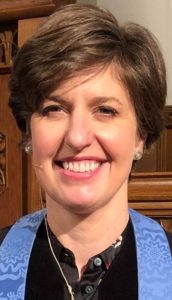At our women’s retreat I was asked to lead a workshop on spiritual discernment. As it turns out, I needed the workshop perhaps more than any of the participants. (I should not be surprised that the Holy Spirit speaks through Donna Chase’s requests!)
Spiritual discernment is not a new concept or even a new practice to me. I’ve had seasons of very intentional discernment and years of trying to remember to discern at all times (rather than decide for myself). Discernment can be defined in various ways, but the most helpful definition that I encountered in my preparations for the workshop came from a resource called “Discernment: Practicing the Holy Spirit” from Contemplative Outreach. It reads, “Discernment is more than exploring what I want or what others want of me, but what does God want of me? as a unique incarnation in this vast mystery of being.”
What does God want of me? This is the most basic question we pose in the practice of spiritual discernment. However, often we are called to be more specific in our questioning. The majority of our time in the workshop was spent on “forming the question.” The question we think we need God to answer may well not be the question we are called to ask God and the question we ask will inevitably shape the answer we receive. The first think to discern is what should I be asking the Holy Spirit?
Posing this question helped me to see that often my initial question is really about trying to weight the equation in a way that I hear the answer I want to hear. Or, I ask a yes/no question, rather than one that invites wonder or the new, unexpected, nothing-I-would-ever-think-of-answer that is God’s. One of the most helpful practices in getting to this “right” question came from the same resource I quoted above. The instruction is this: “Write down as many ‘bad’ questions as you can; unload all you can. Return to the silence of your heart, grounded in body and breath. Is there a new question arising?”
Once the “right” question has been discerned the sorting, pondering, praying and reflecting begins. This is the time to practice “holy indifference,” an utter openness to anything God reveals with no preference of preconceived notion for what the outcome will be. I struggle with this one because I have lots of ideas and plans and answers that I think God ought to bless, but in reality God’s plans are always better and more abundant and good than I can ever imagine.
We’re always on various points of this discernment journey and the question we form today may not be the right one tomorrow. That’s part of holy indifference, too. What we can be sure of, though, is that the Holy Spirit is always moving and God works through everything, our discerning and, yes, even in our wrong decisions. This knowledge frees us to get lost in wonder, joy and praise, in all of our questions and in all of God’s answers.

